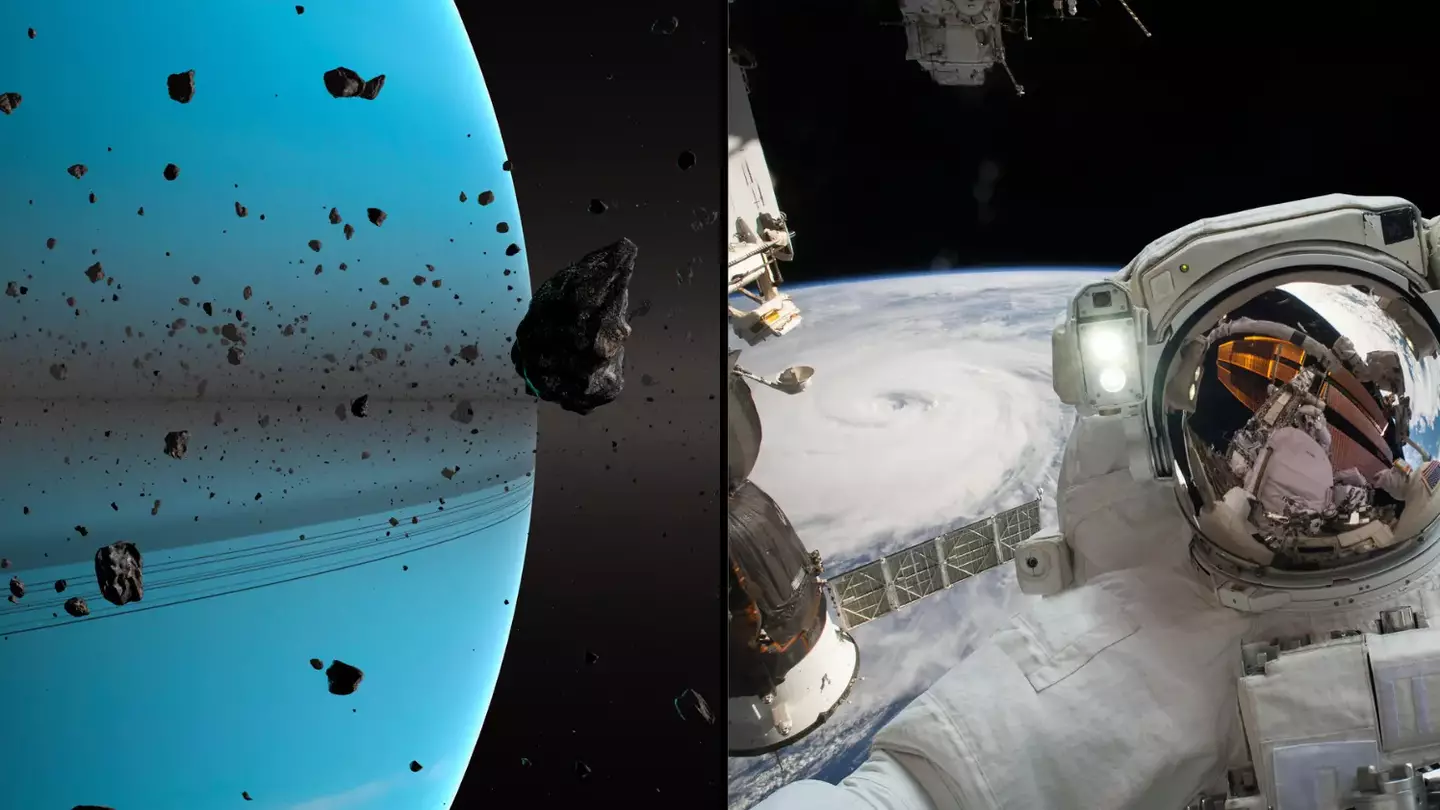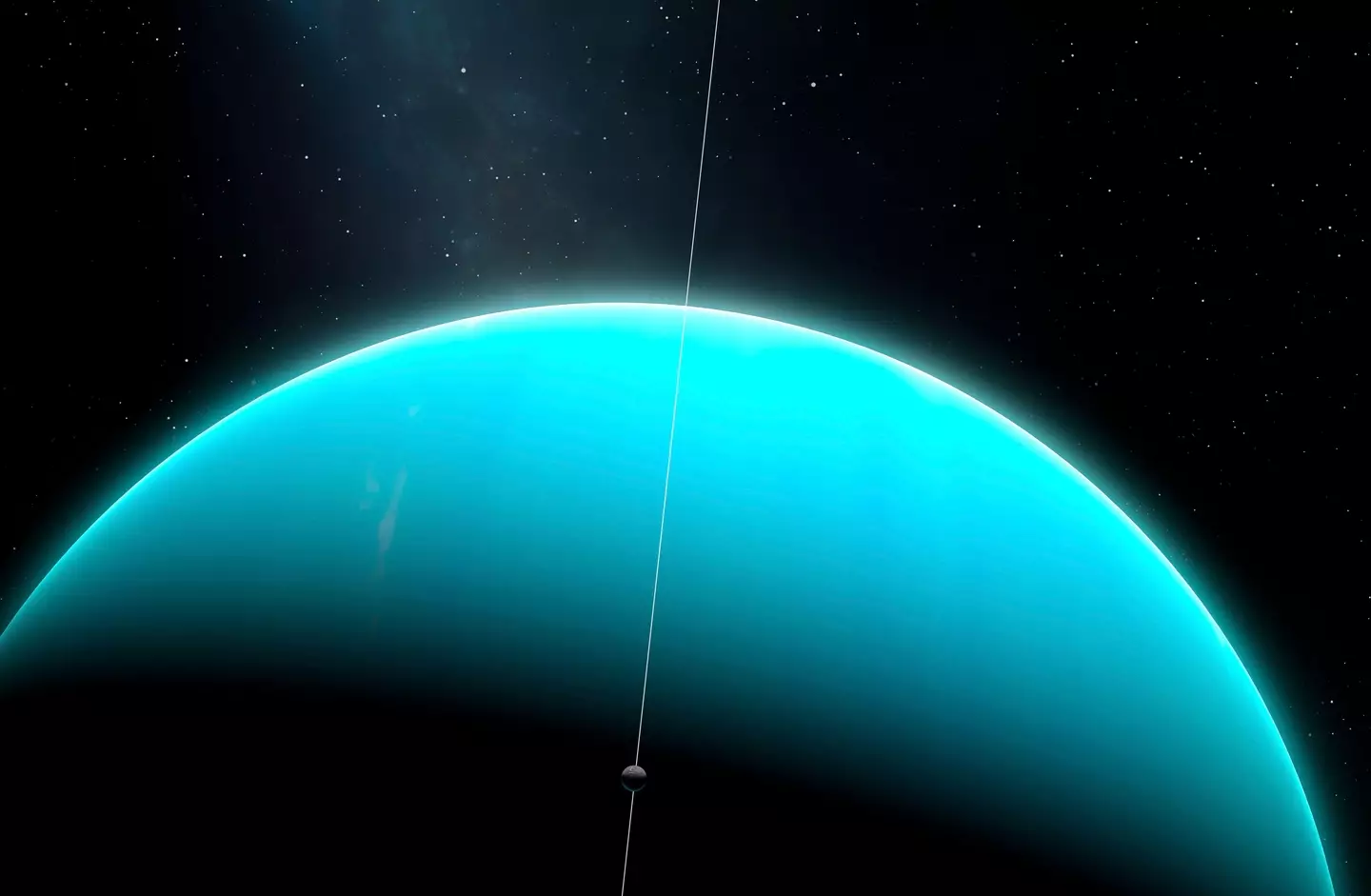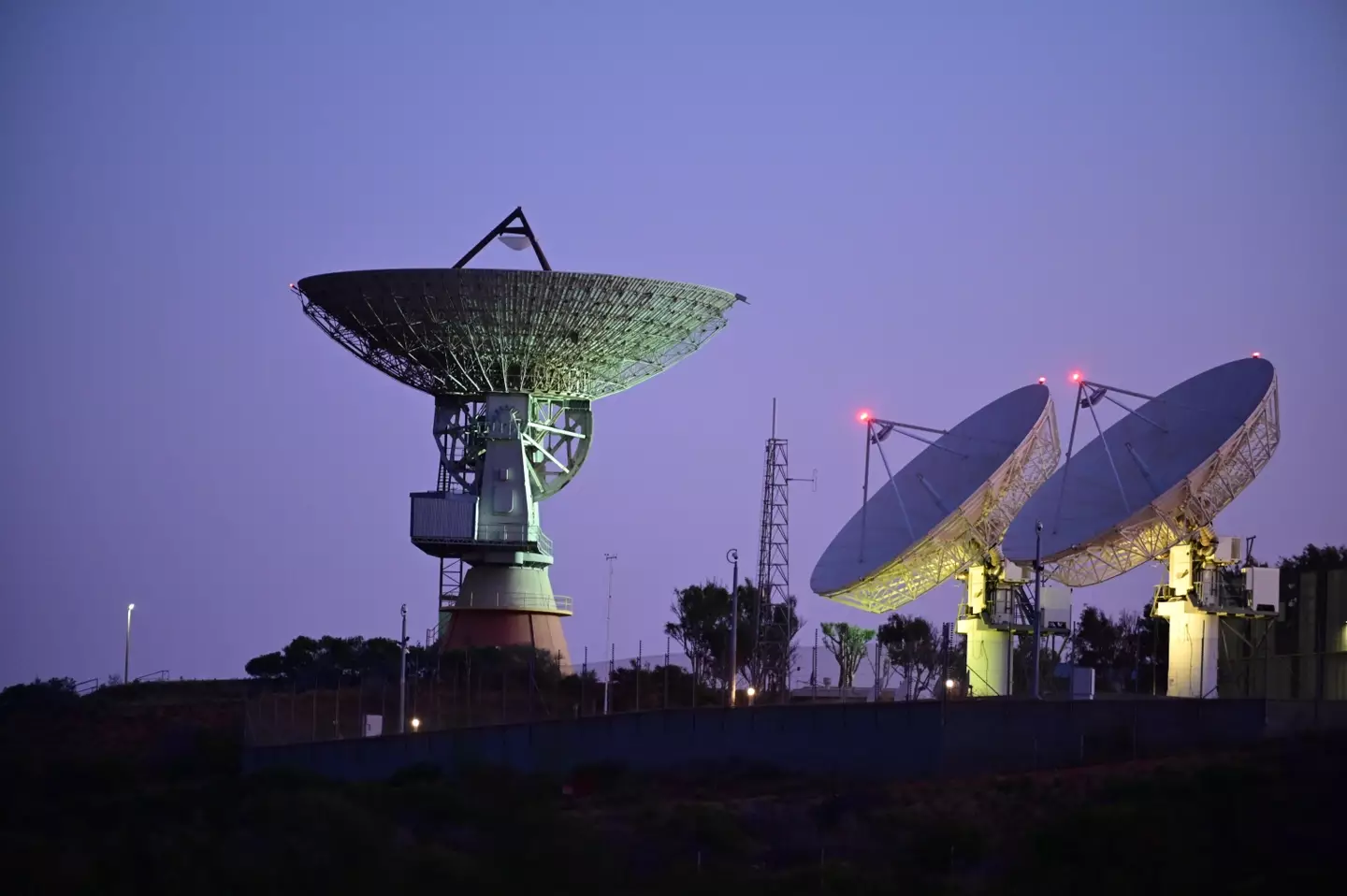
Sending a probe to Uranus should be a top priority to better understand how the solar system works, according to a new report by scientists.
Yes, yes we know how it sounds. Get your heads out of the gutter.
The report titled Origins, Worlds, and Life: A Decadal Strategy for Planetary Science and Astrobiology 2023–2032, conducted by the US National Academies of Sciences, Engineering, and Medicine at the request of NASA, has outlined that researching Uranus is imperative for planet exploration in the next decade.
The Decadal report says the seventh planet from the sun deserves attention over the next 10 years.
Advert

The report said: "The committee prioritizes the Uranus Orbiter and Probe (UOP) as the highest-priority new Flagship mission for initiation in the decade 2023–2032.”
Part of the recommendations includes a proposal for a multi-year orbital tour.
The mission of an atmospheric probe is to analyse the planet's ice giants and multiple moons so that scientists can better grasp the evolution of the solar system.
The probing for Uranus is estimated to cost around US $4 billion; however, astrobiologists say it’s necessary as knowledge of the planet is limited, despite it being vastly different from other planets.
Advert
The report said: "Uranus is one of the most intriguing bodies in the Solar System.
"A primordial giant impact may have produced the planet's extreme axial tilt and possibly its rings and satellites, although this is uncertain.

"Uranus's large ice-rock moons displayed surprising evidence of geological activity in limited Voyager 2 flyby data, and are potential ocean worlds."
One of the report's authors, UC Santa Cruz professor Jonathan Fortney, also shared with Verge the project is vital in studying Uranus' composition.
Advert
He said: “Our understanding of the interior structure of the planet is so poor that we really have very little idea what the ratio of those three things [rock, ices, and hydrogen and helium] are to each other… And so there’s been a long assumption that it’s mostly these ices but that’s literally an assumption.
“We don’t really know that.”
Science Alert reports that if the project goes ahead, it marks the first time the milky blue planet has been probed since 1986, when Voyager 2’s flyby discovered Uranus' ten moons.